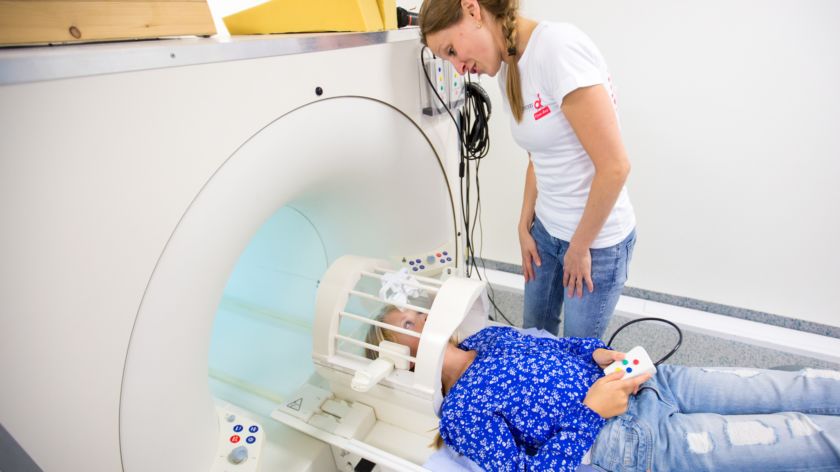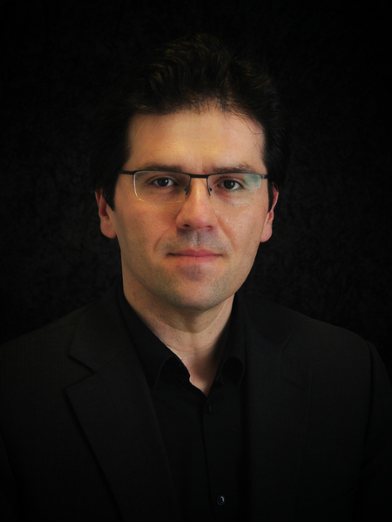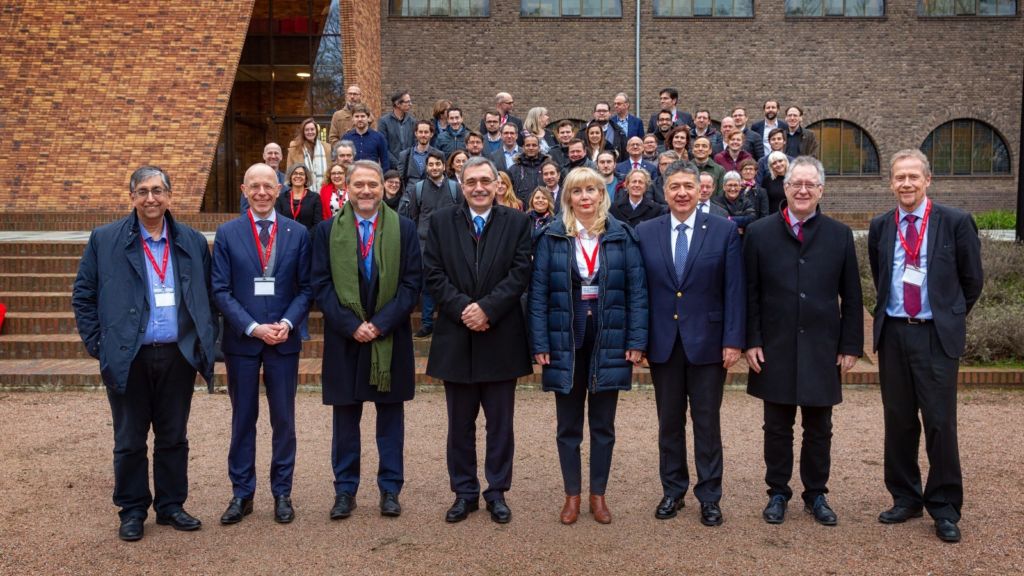European university ‘from Nijmegen’ wants to compete with China and the US
-
 The Donders Institute participates in NeurotechEU. Photo: Marjolein van Diejen
The Donders Institute participates in NeurotechEU. Photo: Marjolein van Diejen
There’s a big chance you have never heard of NeurotechEU. Still, this virtual European university has her headquarters at Radboud University. The partnership between ten institutes is supposed to give Europe a better competitive position against the US and China, director Tansu Celikel explains.
It might come as a surprise to many, but Nijmegen doesn’t count one but two university campuses. Besides Radboud University, there is also, since 2020, NeurotechEU, a European university that focuses on neurosciences. Who might ponder where exactly in Nijmegen their main building exists – well, it doesn’t. NeurotechEU is a virtual university, which consists of a consortium of several research groups in Europe.
Tansu Celikel, professor in Neurophysiology at Radboud University, is an initiator of and project manager at NeurotechEU. This Monday the ‘multicampus-university’ officially opens her research branch, with a virtual conference. Time to get to know each other.
What is NeurotechEU?
‘We are a so-called European university. It’s the result of a program by the European Union, to create more synergy in European education and research. The president of France, Macron, is the one who took initiative some time ago. The US and China are strong global competitors when it comes to science. With these kind of structural networks, Europe wants to offer some counterweight.’
‘Neurotech is an alliance between ten European universities that focuses on interdisciplinary research within the neurosciences, artificial intelligence and engineering. It involves prestigious universities, such as Oxford University and the Karolinska institute, but also lesser-known universities such as Bonn and Boğaziçi in Istanbul. Since this calendar year Reykjavik University became a member, as well as Georgia Tech Lorraine in France. That is a European campus of an American university, so technically we are even a transatlantic partnership.’
What is the added value of such an alliance? Universities already work together, right?
‘That is true, but that is often done by individual research groups, and only for specific purposes, for example when applying for a large European grant. The great thing about Neurotech is that it offers us the ability to think more about where our field of research is heading, which big questions remain unanswered and how we can use each others expertise to answer them.’
What do scientists and students in Nijmegen specifically notice of Neurotech?
‘Several things. Thanks to Neurotech, Radboud University has been able to obtain a number of grants. One of those is in the field of life long learning, together with Boğaziçi University. Furthermore, we are looking at the possibility of offering joint degrees, where students can receive their master’s or Doctorate title at multiple institutes at the same time. You have to imagine that they will spend part of their time at one institution and another part elsewhere.’
‘Connected to that, we are working on a collective research school within our research branch, NeurotechRI (RI stands for Research Institute, ed.). You have to imagine PHD students will go to several institutes to learn research skills. Or that we’ll organise bootcamps, where different project managers come together to work on a problem, possibly with partners from the corporate world.’
So, all of that does not exist yet?
‘No, that is true, a lot of ideas still need to be specified and developed. We have only been doing this for one year, but we need to make plans for the next twenty years. That is not something you do quickly. There are blueprints for three phases, we just entered the first.’
Will students eventually receive a degree with only a Neurotech stamp?
‘No, especially not in the coming years. Technically, they need to be enrolled in one of the partnered institutes, because those have an official European accreditation. The question is whether we as Neurotech will ever have to apply for one as well.’
How much money does Radboud University contribute to Neurotech?
‘Less than you might think. Currently, they are only financing the position of management director, which is me. Nothing more. Neurotech currently receives most of her money from European funds. We’re getting 6 million euros from the Erasmus+ program, and 2 million from Horizon2020. We’re hoping to get to a budget of 10 million euros with other grants.’





